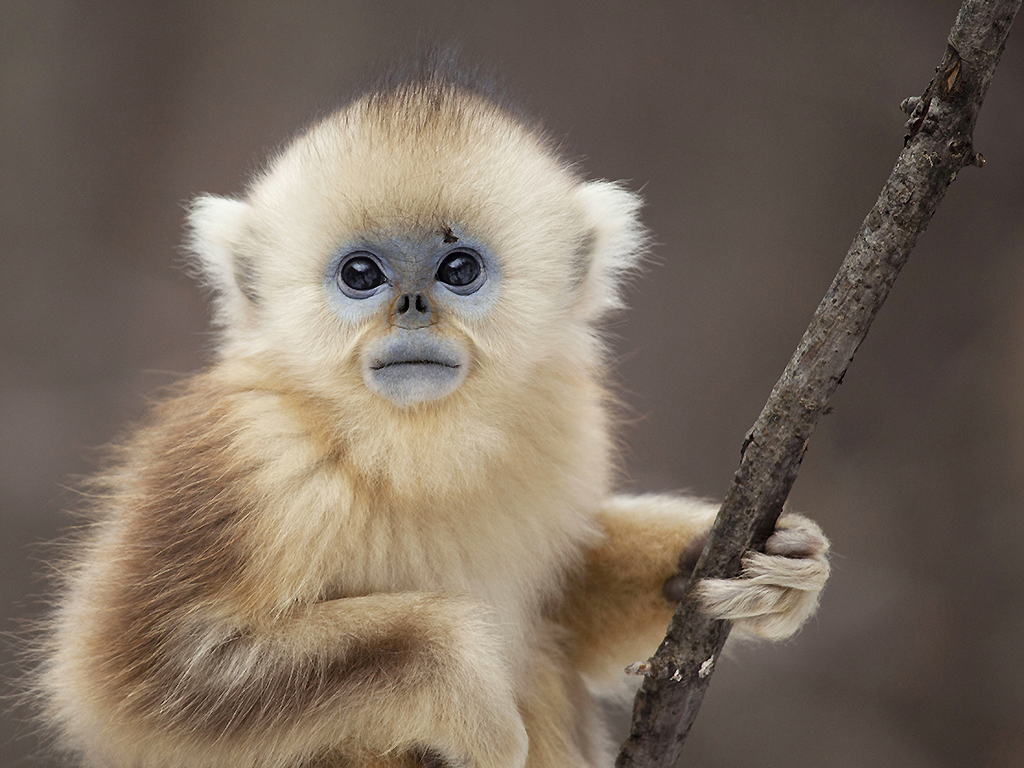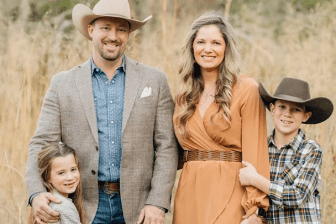If you’ve watched the Planet Earth series, then most likely you’d recognize David Attenborough‘s voice anywhere.

The 93-year-old natural historian is back to narrate and host Seven Worlds, One Planet, BBC Earth’s latest documentary about our home planet and its current state.
Seven Worlds, One Planet captures how each continent plays a role in shaping animal behaviour and how humankind has negative and positive impacts on the health of our planet.
READ MORE: ‘Game of Thrones’ prequel ‘House of the Dragon’ likely to premiere in 2022
Filmed across 41 countries — including Canada — with a crew of 1,500 and over 2,000 hours of footage shot, the series uncovers new species and filming firsts with polar bears, sharks and the last northern white rhinos on earth, to name a few.
Canada will be featured in the Jan. 25 North America episode, which shows polar bears north of Churchill, Man., in summer 2018.
Global News spoke with Attenborough about this new series and what he hopes people take from it.
David Attenborough: Well, it was a very great challenge, I have to say, because of course you can’t say these continents have been neglected by the wildlife unit [BBC Natural Studios History Unit]. So how did we make it different? Each of the continents has a different geological history, it had a different way in which life has arrived there and how it’s developed in isolation. But the other thing is, of course, we have been filming there before, so how did we find things that are new? I think every one of the continents we follow in Seven Worlds, One Planet captures sequences in them that take my breath away and features footage that has never been seen before.
Can you give viewers a hint of what’s to come in Seven Worlds, One Planet? Is there a behaviour of species that’s stayed with you since the making of the program?
Yes, there’s a wonderful creature — the golden-haired, blue-faced, snub-nosed snow monkey. I’ve never seen this monkey filmed before. Actually, I once read a scientific paper about them and I thought we must go and film them, and that was back in the 60s! We tried to then, but we never got it, so they’ve always been in the back of my mind. Then Seven Worlds, One Planet comes up and they’ve got them! This monkey is one of the stars in the Asia episode. Do you know why they’re snub-nosed? To stop them from getting frostbitten.
Considering how much our planet is under threat, what would you like viewers to come away with after watching Seven Worlds, One Planet?
A lot of things I suppose, fundamentally, of course, how astonishing, wonderful and beautiful these continents are, but also how they integrate with one another interdependent and how we are dependent on them. Each continent has its own systems, but when it comes to the planet as a whole, we humans are universal. Our influence is everywhere and we have made a tragic, desperate mess of it so far. But at last, nations are coming together and recognizing that we all live on the same planet, so all these seven worlds are actually one, and we are dependent on each other for every mouthful of food we eat and every breath of air we take.
While shooting, is it difficult when you see animals in distress? Do you ever have conversations about when and when not to intervene?
In some circumstances, where the animal is in isolation, like for example a penguin on an ice float that gets into trouble, you can help it and maybe that’s OK. But in more complicated situations, for example when a cheetah is stalking a baby antelope, if you interfere with it you’re likely to cause more trouble than if you just let nature take its course, because that cheetah may have baby cubs that will then go without food.
READ MORE: ‘Dolittle’ movie reviews are in, and they’re (mostly) not good
What does it mean to you to change attitudes on our current climate crisis?
I don’t think I’ve made a series in the last 40 years where I haven’t made an appeal at the end about caring for the natural world. It’s an extraordinarily thing, at the time I dare say people thought we were sort of cranks or something, but as it’s gone on and on and on and we’ve repeated it on and on and on — about not wasting, not polluting, and so on — suddenly for no reason that I can understand, because the message has been the same and I’ve said it the same sort of way, suddenly, we hit the right note.
With Blue Planet II people were suddenly electrified and aware of the crime of chucking plastic into our oceans and that it could poison creatures, including ourselves. The oceans are our ultimate dependency for food and for humanity, so what makes our messages ring the bell — as you might say — is very difficult to say, I dare say if we knew exactly what it was we would do it more often.
What do you tell young children who ask you what they can do to save the planet?
You can do more the longer you live, but the best motto to live by is to not waste things. Don’t waste electricity, don’t waste paper, don’t waste food. Look after the natural world, the animals and the plants in it too, because we share this world with them. Live the way you want to live, but do it without waste.
—
‘Seven Worlds, One Planet’ (Canadian Premiere) airs Saturdays at 9 p.m. ET/PT starting January 18, 2020, exclusively on BBC Earth. The channel will be available in free preview from Feb. 3 to Apr. 5, 2020 across Canada and the full series will re-air during that period. BBC Earth is also now available on Amazon Channels.
— With a file from The Canadian Press/Victoria Ahearn





Comments